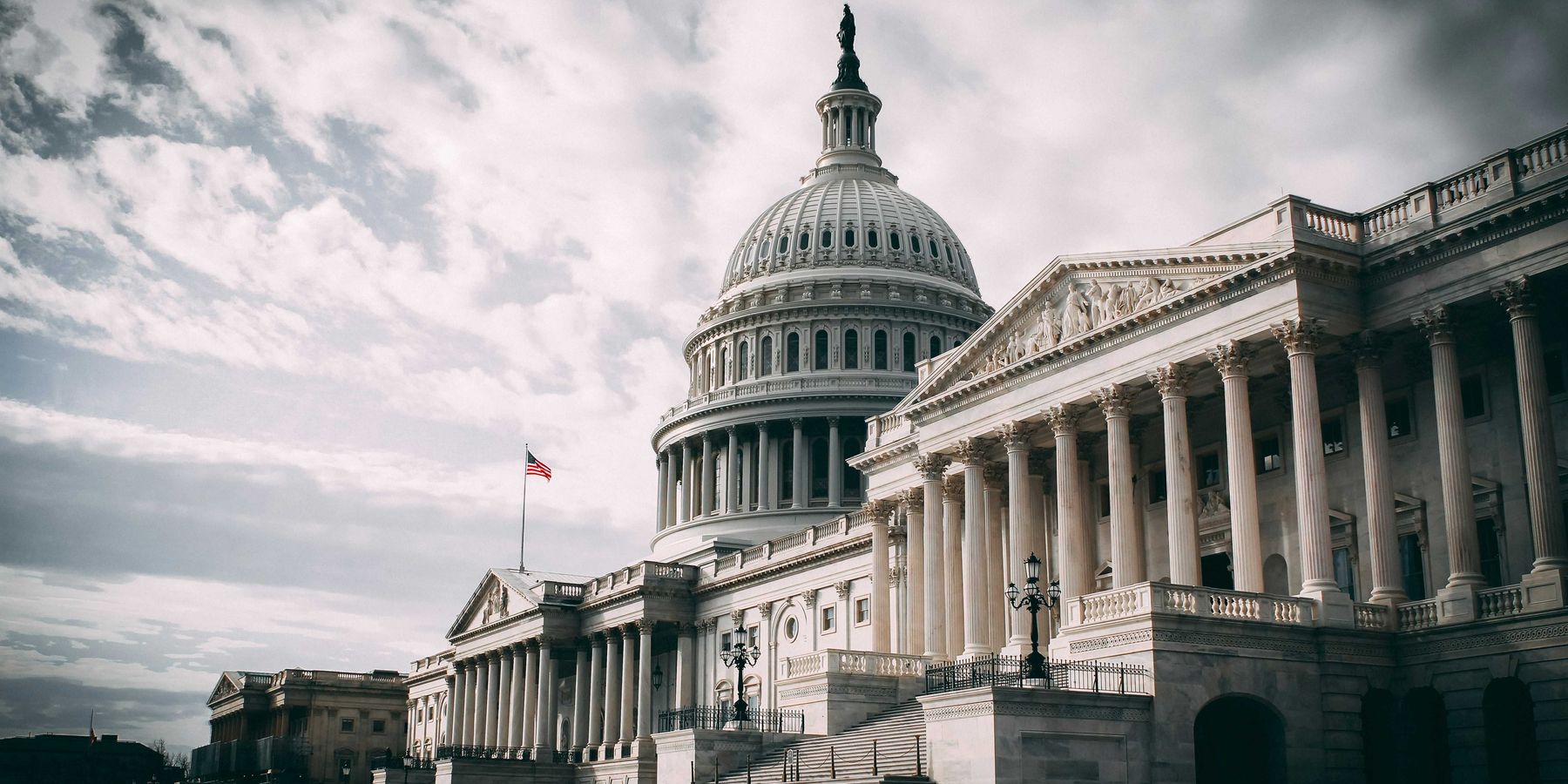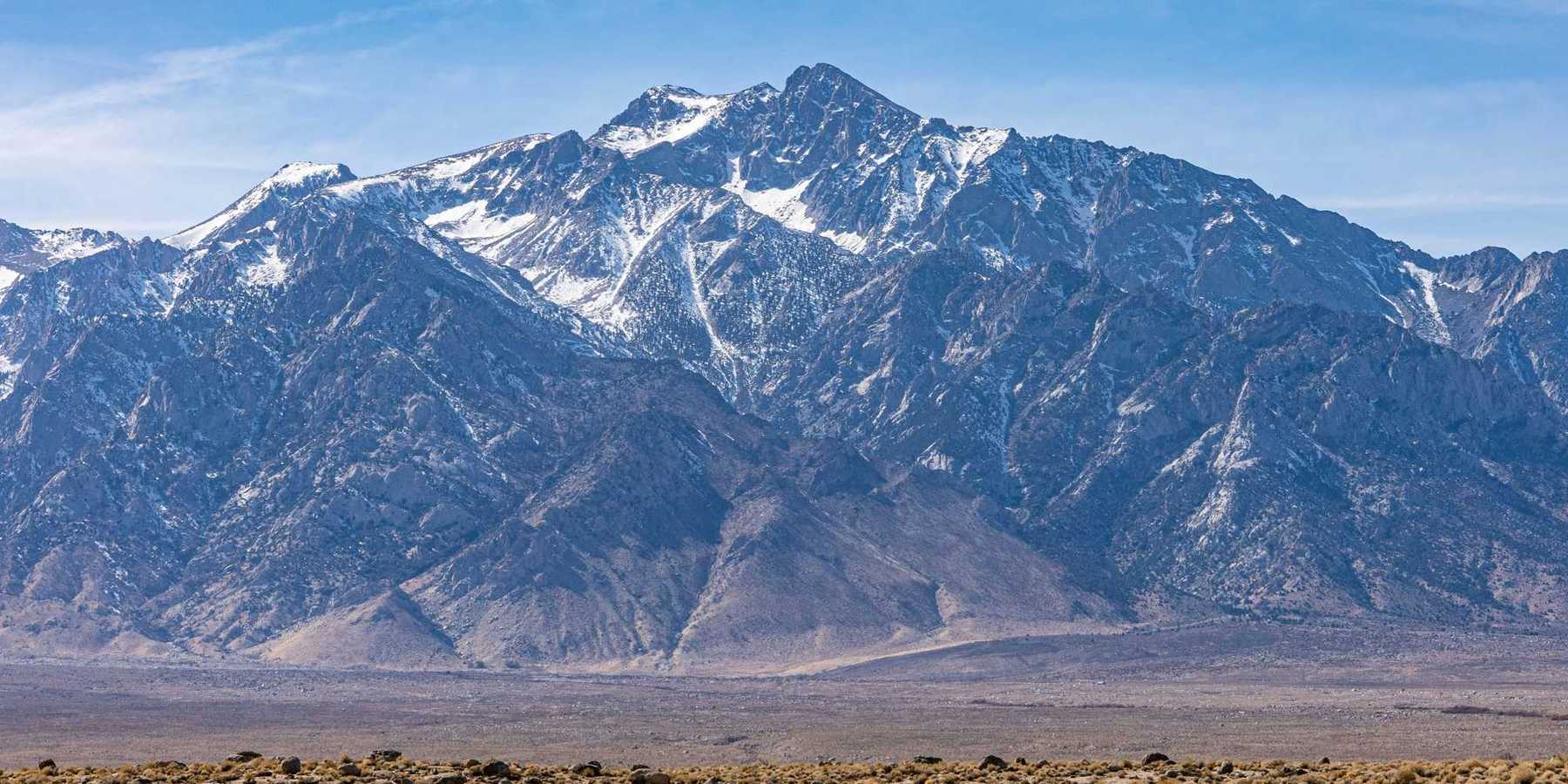Massive solar project moves forward at contaminated nuclear site
A long-delayed plan to build the nation’s largest solar farm at Washington State’s Hanford Nuclear Reservation is moving ahead, even as President Trump rolls back federal support for renewable energy.
Keith Schneider reports for The New York Times.
In short:
- The Hanford Nuclear Reservation, a heavily contaminated former weapons site, is being repurposed for a 10,300-acre solar farm led by developer Hecate, with completion expected by 2030.
- The project, estimated to cost $4 billion, will generate up to 2,000 megawatts of electricity — enough to power Seattle, San Francisco, and Denver — along with a battery storage system for additional capacity.
- While the Biden administration supported the plan, it remains uncertain whether Trump officials will allow it to proceed, though the land lease revenue could incentivize continuation.
Key quote:
“The fundamentals of the project are strong regardless of policy direction. The region needs the project. There is a huge demand for electricity here.”
— Alex Pugh, director of development at Hecate
Why this matters:
Hanford, once central to U.S. nuclear weapons production, left behind 54 million gallons of radioactive sludge and extensive soil and water contamination. Decades of cleanup efforts have made parts of the site safe for redevelopment, but environmental risks remain. Shifting federal priorities, funding battles, and regulatory changes have long influenced the pace of cleanup at Hanford, and they now threaten to slow efforts to redevelop the site for clean energy. With the Biden administration’s push for renewables giving way to a different set of priorities under the Trump administration, the future of Hanford’s solar transition remains unclear.
For now, the site continues to serve as both a cautionary tale of nuclear waste mismanagement and a potential case study in how to turn environmental liabilities into assets. But the path forward will likely be shaped as much by political will as by technological feasibility.
Read more:













